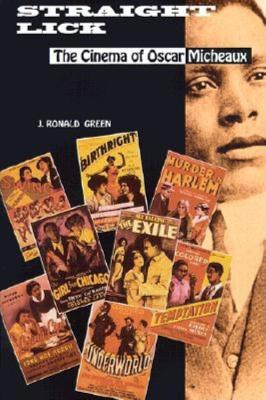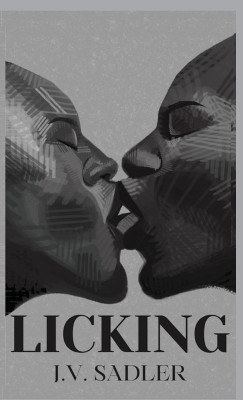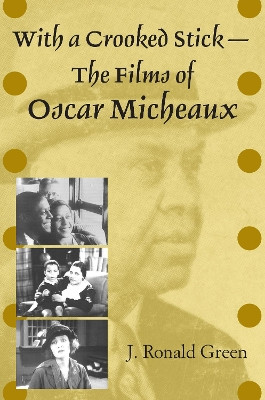Description
A critical examination of the films of Oscar Micheaux.
One of the most original and successful filmmakers of all time, Oscar Micheaux was born into a rural, working-class, African-American family in mid-America in 1884, yet he created an impressive legacy in commercial cinema. Between 1913 and 1951 he wrote, directed, and distributed some forty-three feature films, more than any other black filmmaker in the world, a record of production that is likely to stand for a very long time.
Micheaux's work was founded upon the concern for class mobility, or uplift, for African Americans. Uplift provided the context for Micheaux's extensive commentary on racist cinema, such as D. W. Griffith's 1915 blockbuster, The Birth of a Nation, which Micheaux "answered" with his very early films Within Our Gates and Symbol of the Unconquered. Uplift explains Micheaux's use of "negative images" of African Americans as well as his multi-pronged campaign against stereotype and caricature in American culture. His campaign produced a body of films saturated with a nuanced intertexual "signifying," boldly and repeatedly treating controversial topics that face white censorship time after time, topics ranging from white mob and Klan violence to light-skin-color fetish to white financing of black cultural productions.
A critical examination of the career of Oscar Micheaux.
About the Author
J. Ronald Green is Associate Professor of Film Studies in the Department of History of Art at Ohio State University. His writings on Micheaux and other topics have appeared in journals such as Film Quarterly, Griffithiana, Black Film Review, Quarterly Review of Film and Video, Journal of Film and Video, Cinema Journal, Afterimage, and Aperture, and in various anthologies, including Diawara's Black American Cinema.
Reviews
Until recently the name Oscar Micheaux might have provoked the question Oscar who? But scholars have now begun to look at this pioneering African American moviemaker. This volume joins Betti Carol VanEpps-Taylor's biography Oscar Micheaux: Dakota Homesteader, Author, Pioneer Filmmaker (1998) and Pearl Bowser and Louise Spence's Writing Himself into History: Oscar Micheaux, His Silent Films, and His Audiences (CH, Mar'01), attesting to the intellectual rigor of this trend. Though Green's study is most in the mold of a literary critique, the paucity of Micheaux sources obligates all three authors to write as historians, cultural critics, anthropologists, and decoders. In the absence of script drafts, interoffice memos, gossip columns, memoirs, reviews, and handy prints of films-the stuff of mainstream cinema history-Green (Ohio State Univ.) sets up a critical landscape that allows the reader to sense the density of the culture out of which Micheaux's work arose while also citing sources of his own theoretical modeling. That said, any Micheaux film demands a great deal of creative dissection, which Green provides. He makes uncommonly good use of frame enlargements and stills and provides a thoughtful index and a thorough bibliography. For serious undergraduate students and scholars.
-- T. Cripps * formerly, Morgan State University , 2001mar CHOICE. *Book Information
ISBN 9780253337535
Author J. Ronald Green
Format Hardback
Page Count 320
Imprint Indiana University Press
Publisher Indiana University Press
Details
Subtitle: |
The Cinema of Oscar Micheaux |
Imprint: |
Indiana University Press |











